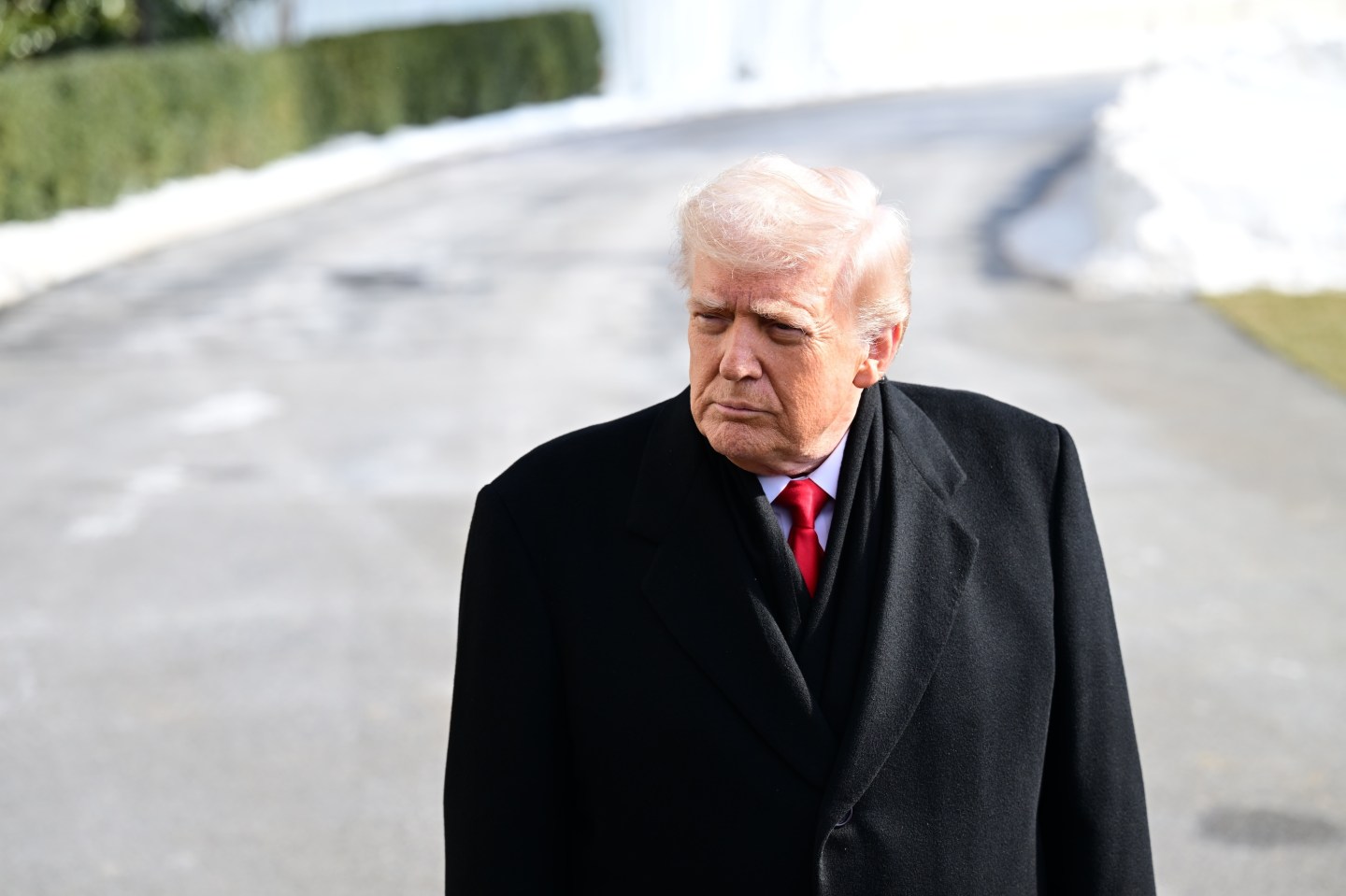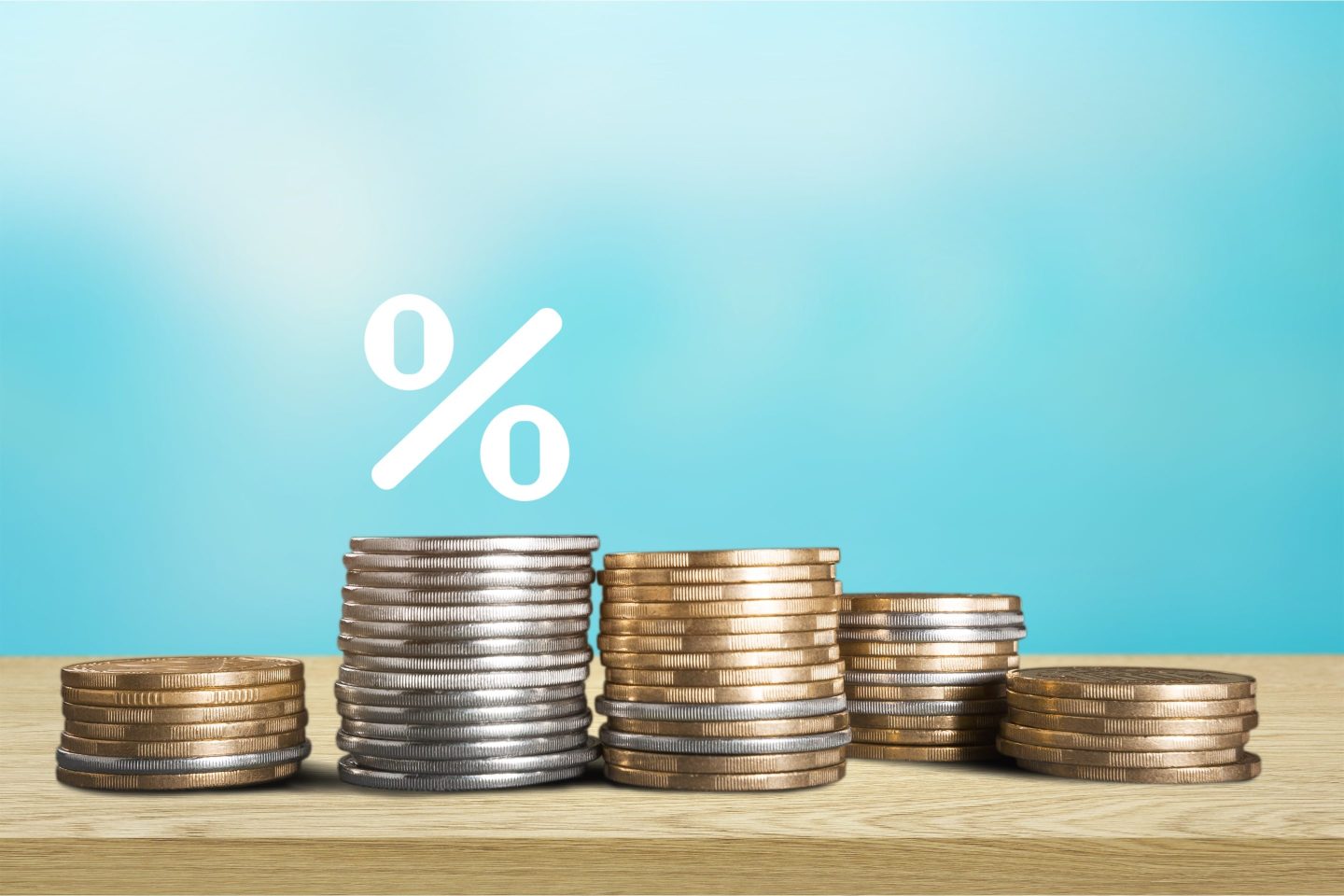Credit Suisse, Europe’s most scandal-ridden bank, is in very hot water with the U.S. Congress over Russia.
The powerful House committee on oversight and reform, which wields wide-ranging powers to investigate any matter it deems necessary, is now demanding answers from the Zurich-based bank over a controversial $2 billion securitization last month.
Credit Suisse had demanded hedge funds that expressed interest in investing in the securitization deal scrub all evidence that that the bank had packaged and sold off a portfolio of loans backed by assets that may have included luxury yachts and private jets belonging to Russian oligarchs. The deal was undertaken to unwind risks weighing on the bank’s balance sheet.
In a letter sent to Thomas Gottstein, the bank’s chief executive, oversight committee chair Carolyn Maloney and national security subcommittee chair Stephen Lynch wrote that such alleged conduct raises “significant concerns about Credit Suisse’s compliance with the severe sanctions imposed by the United States and its allies.”
Referencing media reports including those of Coins2Day, the two House members demanded any and all documentation pertaining to the deal be sent to the House by April 11.
This documentation includes a list of all investors and any interaction with owners of the original assets in order to properly ensure no participants involved could be knowingly or unknowingly in violation of sanctions.
What specifically triggered the concern of Congress was less the decision to erase part of the paper trail on the loan sale itself, which happened prior to the invasion, than the suspicious timing of its request, which occurred during the week of Feb. 28.
“The Committee is particularly concerned that Credit Suisse’s directive to destroy documents regarding its clients’ yachts, private jets and other assets coincided with Switzerland’s announcement that it would join the United States, the European Union and countries around the world in imposing sanctions on Russia,” the two Congress representatives wrote.
Litany of scandals
When reached by Coins2Day, Credit Suisse declined to comment on the House letter, referring instead to its statement from March 3. That statement said that only those investors that chose not to buy into the securitized loan portfolio were requested to erase the marketing material they received, as stipulated under the non-disclosure agreement, and affirmed the bank itself had not scrubbed any client data from its records.
Credit Suisse has also gone on record saying that it applies all sanctions issued by the EU, Switzerland, and the U.S., including those imposed on Russia following the invasion.
One of the reasons why suspicions may run high is Credit Suisse’s own unflattering track record. The bank has managed to implicate itself in virtually every major banking scandal in the past year: the Archegos hedge fund implosion, the bankruptcy of Greensill Capital and more damaging bank leaks over unethical business deals.
It was until recently even classified by Yale Professor Jeffrey Sonnenfeld among those few remaining companies still actively pursuing business in Vladimir Putin’s Russia. Under mounting pressure, however, it told employees on Monday it is suspending these efforts, moving roles out of Russia and helping clients reduce their exposure in line with its own new policy.
This is not the first time Congress is taking an interest in Credit Suisse’s litany of scandals. Only last year Senate banking committee chair Sherrod Brown demanded answers from the bank regarding whether it enabled the excessive leverage and careless risk-taking that led to the collapse of Bill Hwang’s Archegos hedge fund.
Never miss a story: Follow your favorite topics and authors to get a personalized email with the journalism that matters most to you.












